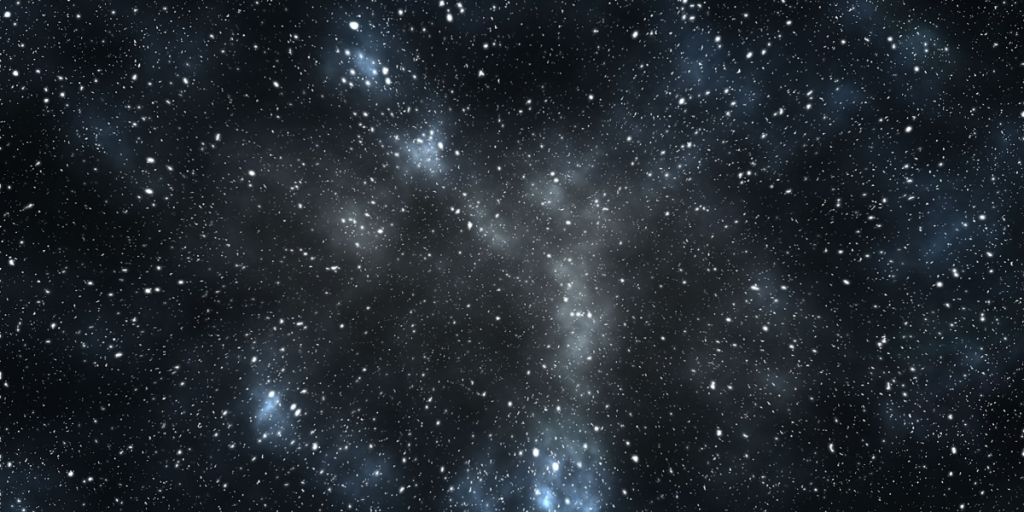The technique could also enhance technologies from GPS to medical imaging
Others are reading now
For decades, scientists have struggled to uncover the true nature of dark matter — the invisible force believed to hold galaxies together.
Now, a group of researchers in Japan thinks quantum technology could finally bring this mystery within reach.
Building the invisible link
A team from Tohoku University has proposed a way to make quantum sensors far more sensitive by linking them into structured networks.
These ultra-precise instruments exploit quantum mechanics to detect minute fluctuations that ordinary sensors overlook.
By arranging them in specific patterns, the researchers suggest it may be possible to pick up faint traces left by dark matter with record-breaking accuracy.
Also read
The study centers on superconducting qubits — minuscule circuits cooled to near absolute zero. Normally used in quantum computers, they can also act as detectors capable of picking up signals smaller than a whisper.
When these qubits work together in a coordinated system, they can amplify tiny effects that a single device would miss.
From circuits to cosmos
To test the concept, the researchers built small networks containing four and nine qubits arranged in different shapes such as rings, lines, and stars.
They applied a technique known as variational quantum metrology — similar to training a machine-learning model — to optimize how the qubits interacted.
Bayesian estimation methods were then used to filter out noise and refine the signals, like bringing a blurred image into focus.
Also read
The team’s optimized networks consistently performed better than traditional setups, even under realistic noisy conditions.
That success suggests their approach could already be implemented using existing quantum hardware.
“Our goal was to figure out how to organize and fine-tune quantum sensors so they can detect dark matter more reliably,” said Dr. Le Bin Ho, the paper’s lead author according to Science Daily.
“The network structure plays a key role in enhancing sensitivity, and we’ve shown it can be done using relatively simple circuits.”
Real-world promise
The potential of such quantum networks extends well beyond astrophysics.
Also read
Researchers believe the same techniques could be used to develop quantum radar systems, improve gravitational wave detectors, and make timekeeping more accurate than ever before.
Future versions could even refine GPS navigation, enhance MRI scans, or map underground structures invisible to traditional instruments.
“This research shows that carefully designed quantum networks can push the boundaries of what is possible in precision measurement,” Dr. Ho said. “It opens the door to using quantum sensors not just in laboratories, but in real-world tools that require extreme sensitivity.”
Expanding the frontier
The next stage of the project will focus on scaling up these networks and making them more resistant to environmental noise.
The team hopes that, in time, such systems could serve as practical tools in the search for dark matter — one of physics’ most elusive targets.
Also read
Their findings were published in Physical Review D on October 1, 2025.


